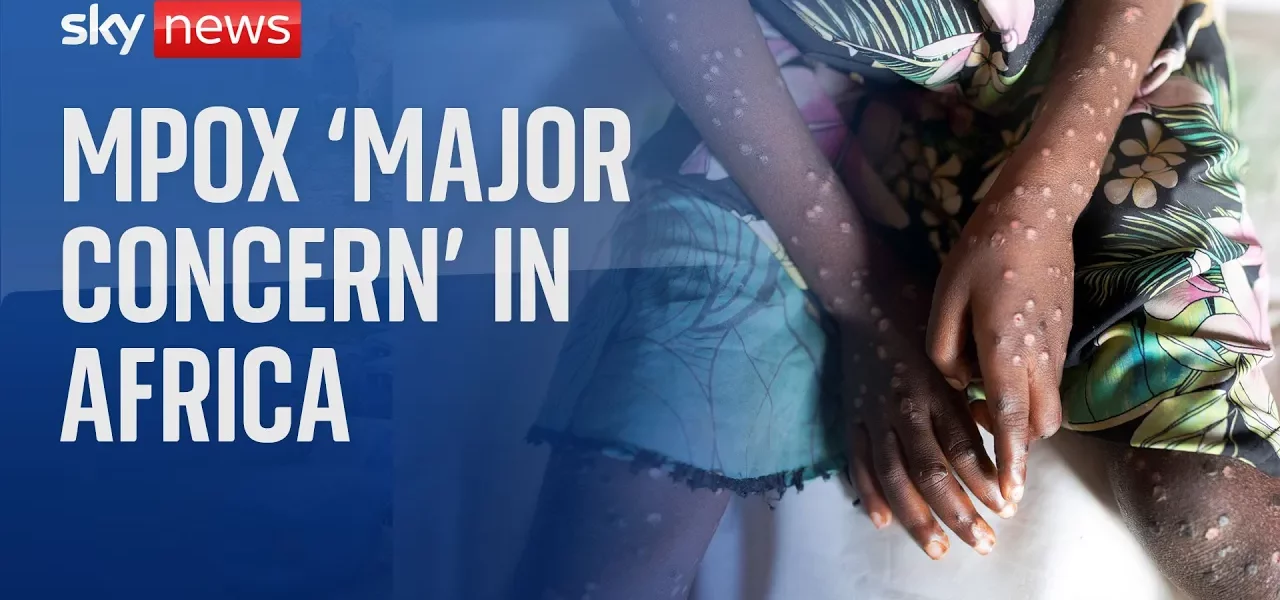Emergency Declaration by Africa CDC: Understanding the Spread of Empo

The Africa Centers for Disease Control and Prevention (Africa CDC) has recently declared a public health emergency regarding the empo outbreak affecting numerous countries across the continent. This article delves into the reasons behind this declaration, the implications for public health, and the efforts being made to combat the spread of the virus.
Introduction
On August 13, Africa CDC took decisive action to declare a continental emergency as the empo outbreak, which has seen a significant rise in cases, continues to spread across Africa. The decision was made after careful analysis of data and expert consultations, revealing alarming trends that necessitate immediate public health intervention. With over 17,000 suspected cases and rising death tolls, the implications of this outbreak are far-reaching, impacting not only those infected but also health systems and communities across affected nations.
Understanding the Outbreak
The empo outbreak has escalated rapidly, prompting Africa CDC to take action. Here are some critical points regarding the situation:
- Current suspected cases have increased from 15,000 to over 17,000.
- The death toll has risen from 470 to 571, affecting 16 countries across Africa.
- Newly affected countries include non-endemic areas such as Ivory Coast, Kenya, Rwanda, and Uganda.
Reasons for the Emergency Declaration
The declaration of a Public Health Emergency of Continental Security was driven by several factors:
- Rapid Spread: The outbreak is not confined to traditional endemic areas; it is now impacting new regions.
- Multiple Clades: The virus has presented various subtypes, complicating the public health response.
- International Concern: The World Health Organization (WHO) has classified the situation as a global health emergency, underscoring the urgency of the matter.
Impact on Different Demographics
One perplexing aspect of the outbreak is its impact on different age groups:
Younger Population Affected
Data indicates that individuals under 15 years are particularly vulnerable, with over 70% of cases in the Democratic Republic of the Congo (DRC) affecting young people. This demographic shift raises important questions about the epidemiology of the disease.
Regional Variations
While some countries report a higher prevalence among young individuals, others have seen an increase in adult cases. This inconsistency necessitates a thorough investigation to understand the underlying causes.
Vaccination Efforts and Challenges
In light of the outbreak, vaccination has become a top priority. The Africa CDC is making significant strides in securing vaccine supplies to combat the spread:
Current Agreements
A recent agreement with the European Union and Bavaria Nordic has secured 215,000 vaccine doses for Africa. Key target countries include:
- Democratic Republic of the Congo (DRC)
- South Africa
- Rwanda
- Burundi
Future Goals
Despite these initial doses, Africa CDC aims to secure a total of 10 million vaccine doses to adequately address the needs of the continent. Ongoing negotiations with various stakeholders are crucial to achieving this goal.
Conclusion
The declaration of a public health emergency by the Africa CDC highlights the urgent need for coordinated action to combat the empo outbreak across the continent. With rising case numbers and a significant impact on vulnerable populations, the focus must remain on securing vaccines, conducting further studies, and implementing effective public health strategies. As Africa faces this challenge, it is essential for governments, health organizations, and communities to work together to safeguard public health and prevent further spread. For more information on related health issues, explore our articles on vaccine distribution efforts and public health strategies in Africa.
“`




